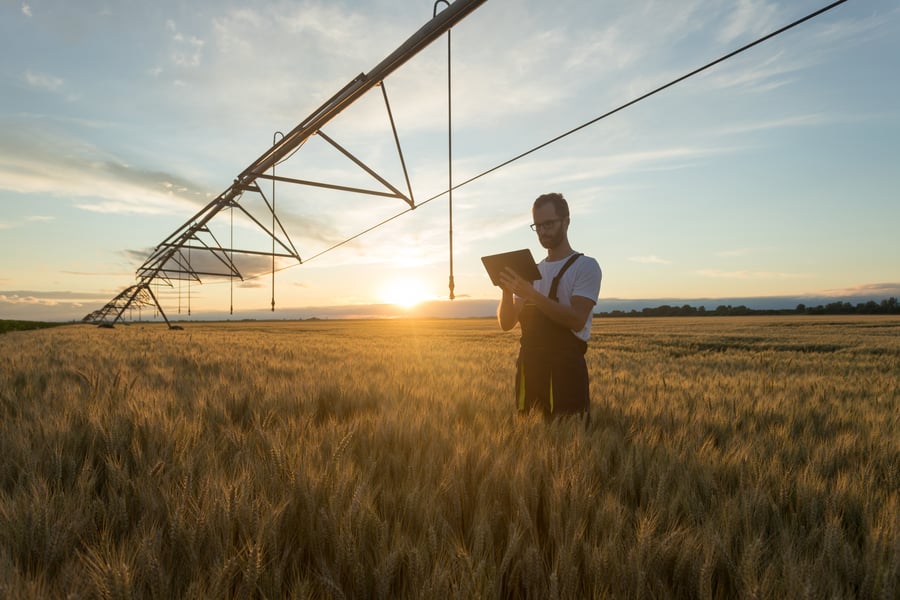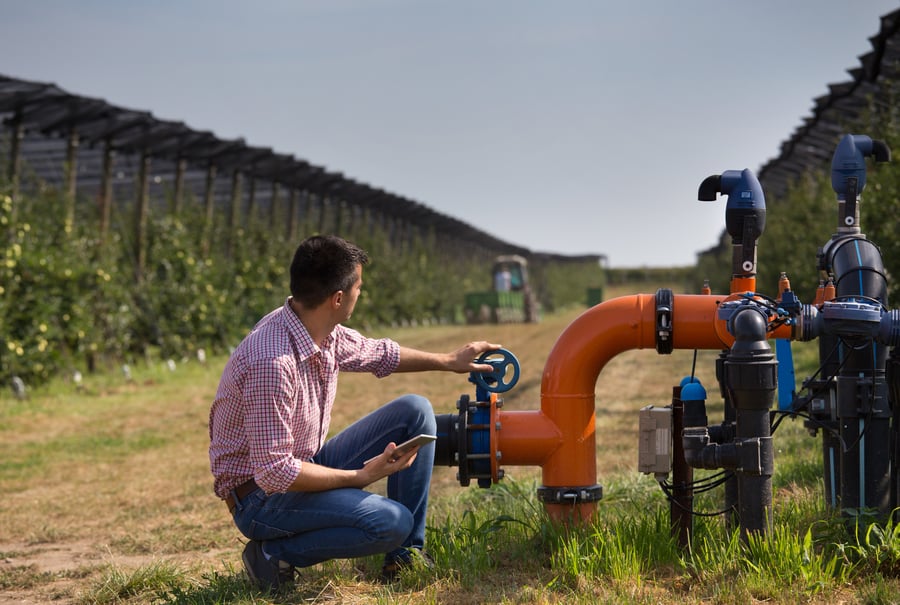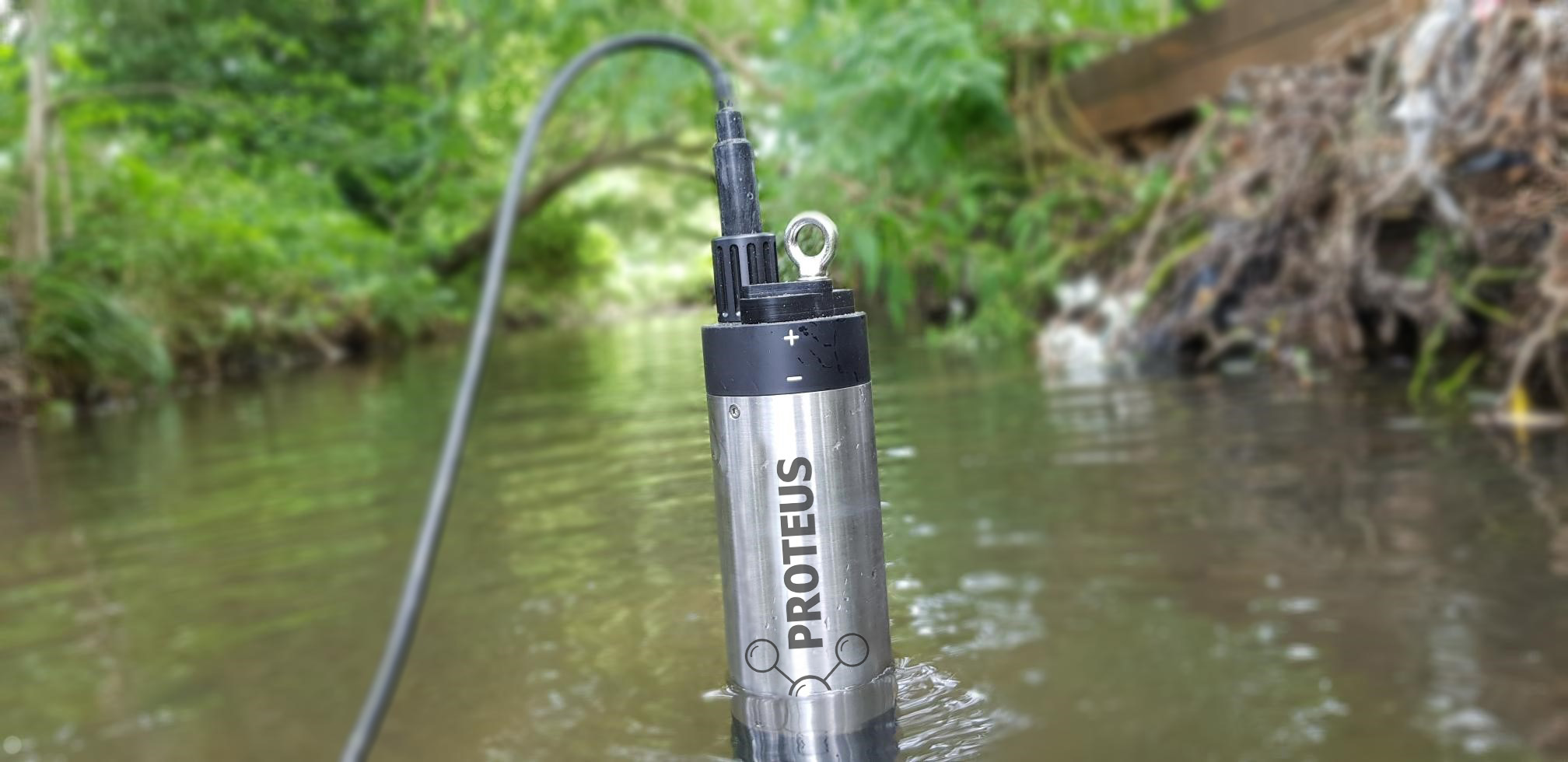Enhancing compliance & safety of water reuse with The Proteus
Category D water, not suitable for agricultural use can be repurposed in water-hungry, high-tech industries, such as for cooling data centres and producing hydrogen fuel.
Written by Dr. Samuel Cottingham, PhD in Environment and Earth Sciences - Proteus Instruments
The Problem
With increased water scarcity, using water efficiently whilst protecting water resource quality becomes ever more challenging.
Water recycling is a necessary step in reducing competing demands for water between communities, industry, and the environment. Ensuring the quality and safety of the water entering re-use is critical. However, the delay between manual sampling and laboratory test results using traditional methods for BOD5 and Coliform counts make compliance, and ultimately safety difficult to ensure. This uncertainty is a significant barrier to promoting water reuse.
The Technology
Proteus technology is helping clients to meet EU regulations on minimum requirements for water reuse for agricultural irrigation. The new rules will apply from 26 June 2023 and are designed to encourage and facilitate water reuse.
The regulations include Coliform limits for different crop types; from <10 cfu/100mL for Category A fruit and vegetables in direct contact with reclaimed water, to Category D reclaimed water <10,000 cfu/100mL suitable for industrial processes. Category D water can be repurposed in water-hungry, high-tech industries, such as for cooling data centres and producing hydrogen fuel.
The Proteus multiparameter sonde offers a robust, stable, and scientifically valid real-time BOD, COD, Coliform, TOC+DOC monitoring solution which can be deployed in water recycling facilities, at the point of compliance to instantaneously deliver accurate information to enhance WWT efficiency and ensure safe, appropriate use.

Utilising fluorescence and patented algorithms, Proteus requires no reagents. With options for system integration via Modbus and Telemetry and hand-held use for instant verification. Proteus facilitates optimisation of WWT processes through its real-time data, including automated control of pumps, valves and UV disinfection via PLC, and offers continuity of compliance throughout water reuse schemes.
Avoiding contamination by the misuse of reclaimed water is critical for human and environmental health. Proteus can be implemented at the point of compliance for rapid verification of reclaimed water, such as where it is distributed or stored. Being real-time this enhances safety of end-use applications e.g. crop irrigation because water could be released from WTP’s and used before traditional laboratory testing can return a result.
" Proteus represents a break-through disruptive technology that can change our whole perception of organic load monitoring. It has the power to touch all of our lives but will only happen if innovation is allowed to flourish; that means being open minded and believing that there are better and more meaningful ways to monitor parameters such as BOD5 and coliforms. " Rob Stevens, Proteus Instruments MD
Avoiding contamination by the misuse of reclaimed water is critical for human and environmental health. Proteus can be implemented at the point of compliance for rapid verification of reclaimed water, such as where it is distributed or stored


